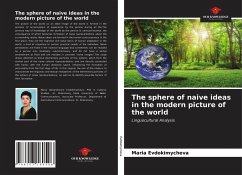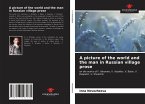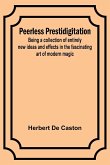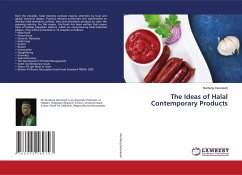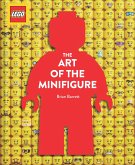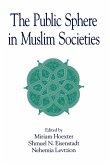The picture of the world as an ideal image of the world is formed in the process of accumulation of experience by the person during all life.The primary way of knowledge of the world by the person is sensual-intuitive, the consequence of which becomes formation of naive representations about the surrounding reality. Naive ideas are formed in the human consciousness in the first place, they are the cognitive and value basis of human adaptation in the world, a kind of response to certain practical needs of the individual. Naive perceptions are fixed in the national language (but sometimes can be realized by a person only intuitively, subconsciously, and do not have a verbal embodiment at that) and are realized in concrete "naive images".The study draws attention to those elementary particles of this sphere, which form the central part of the naive cultural representations and are directly connected with home, with the human domestic space, influencing the formation of personality from the first days of life. In this regard, the aim of the study is to characterize the linguistic and textual realizations of the elementary particles of the sphere of naive representations, as well as to identify possible factors of their formation.

